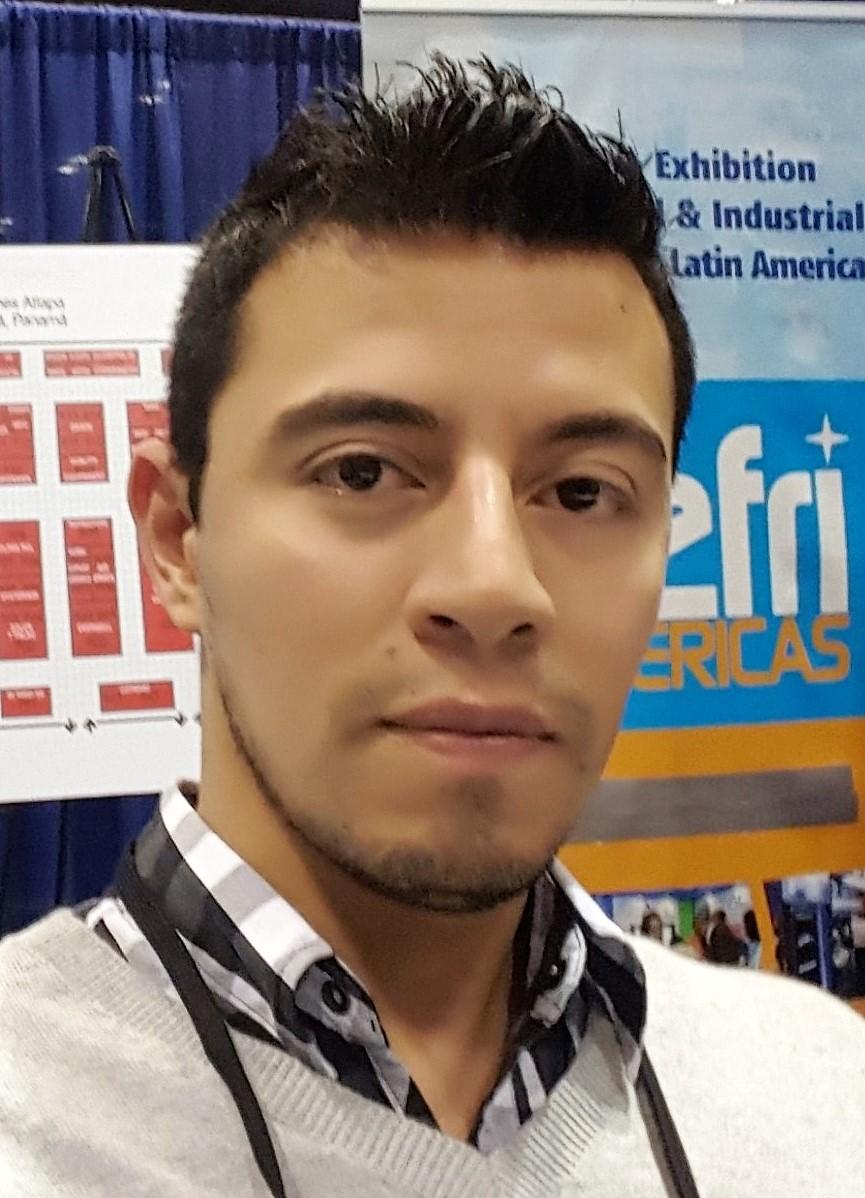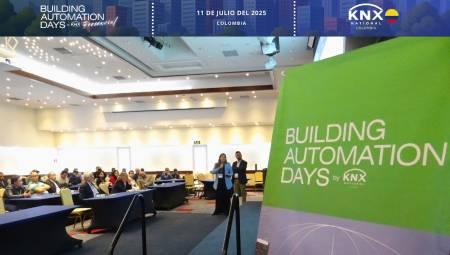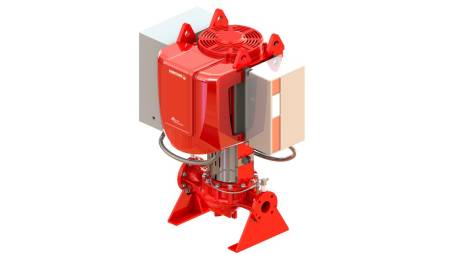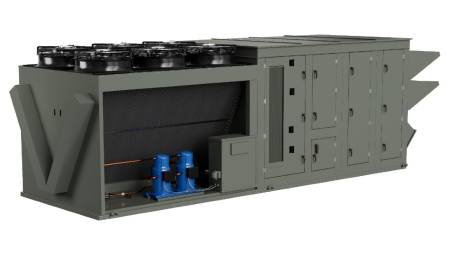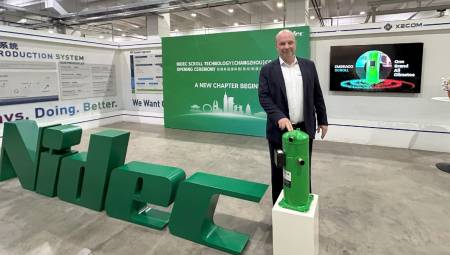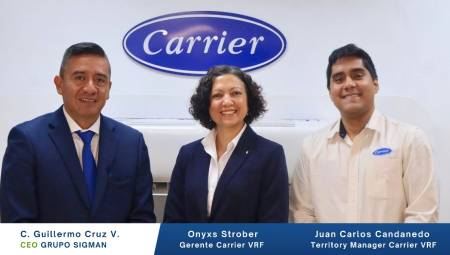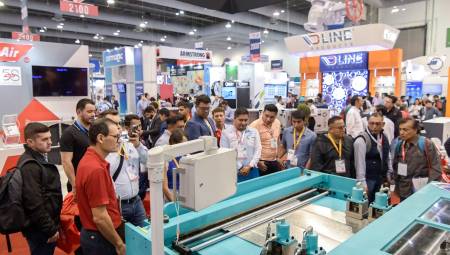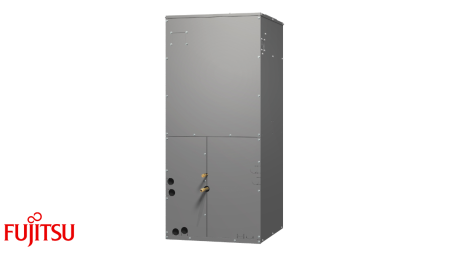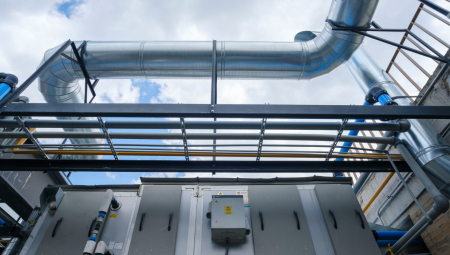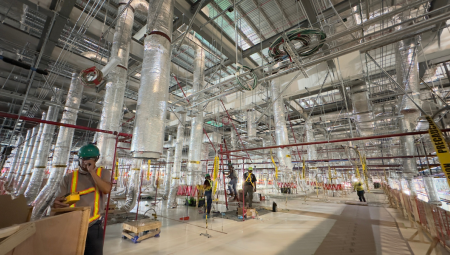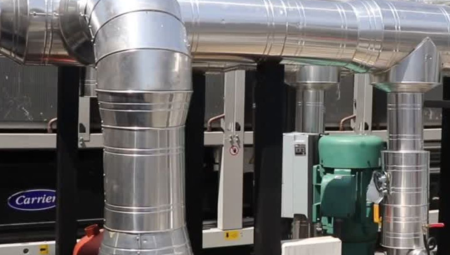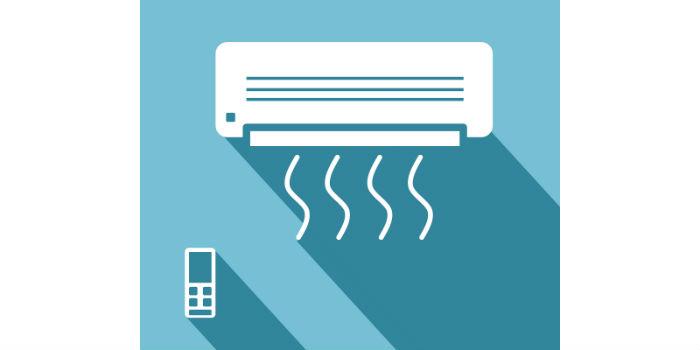 Description of a series of dreams that I hope will come true in the future within the air conditioning industry.
Description of a series of dreams that I hope will come true in the future within the air conditioning industry.
by Camilo Botero*
Quoting Martin Luther King's famous phrase "I have a dream", I also have several dreams, regarding our beloved guild of Air Conditioning & Refrigeration, although I will refer mainly to Air Conditioning, because that is the field in which I work. Those dreams are:
Training – Standardization – Certification.
Since my beginnings in Mechanical Engineering and in my specialty, which is Thermal Engineering, I have always been oriented to training in which I have already turned more than 50 years old (as well as in my professional practice), dictating all the subjects of the thermal branch in various national and international universities, as well as multiple conferences on these topics and more recently I have been dedicated in this area to the Diplomas of Air Conditioning and different courses such as Applied Psychrometry, Thermal Load Calculations, Fluid Mechanics, Commissioning (Quality Assurance) under the ASHRAE standard 202, ASHRAE Standard 55, on Thermal Comfort of People, Cogeneration and Trigeneration, Thermal Districts, etc. I estimate that about 3,500 engineers and technicians have attended my formal and non-formal courses.
The above is to emphasize that my first big dream for the guild is that we continue to insist on training, at a level in the state of the art, because the changes that are coming technologically speaking are gigantic and represent challenges of great magnitude.
I am reading the book "Save who can", by Andrés Oppenheimer, deeply documented where he analyzes what life will be like under the revolution of robotics and artificial intelligence. Only the most qualified will be able to adapt to this change and that is achieved through the permanent training of our professionals in science and technology, without neglecting the other areas (Management, Finance, Humanities etc.).
It was because of this dream that I decided to present myself to the presidency of ACAIRE in 2009 and 2010, in order to propose and consolidate the ICAIRE, (Colombian Institute of Air Conditioning and Refrigeration), with a model very similar to the SENAI of Brazil, which has an impact of excellence in the guild of that country. It has not yet been possible to consolidate this proposal, which always in the strategic planning and assemblies of ACAIRE, appears as the main issue, but it does not materialize. I hope that this, my first and main dream, will come true and then be projected to all the member countries of the FAIAR, which do not have institutes of this type, which integrate the Air Conditioning Association of each country, with theoretical and practical training and laboratories for teaching, research and evaluation of equipment.
My second dream is that we achieve our own regulation on issues such as: thermal comfort, indoor air quality, energy efficiency, renewable energies etc. For 10 years I have been insisting with the RITE (Regulation of Thermal Installations in Buildings) version for Colombia (Ecuador based on ours, practically already approved), but it has not been achieved, due to irresponsibility of the ministries in Colombia, to which this task concerns.
Recently the Ministry of Mines and Energy has proposed a Regulation that incorporates the RITE, the regulations for Boilers and a new one for Thermal Districts (what I have called a "Frankenstein"), with the pilgrim argument that there are too many regulations in a country where there are none for Thermal Engineering!
FAIAR has been working on the Ibero-American Regulation for Indoor Air Quality, an endeavor in which I wish you great and soon success; once this is approved, it will be easier to achieve the approval of the RITE (I would say).
Faculties of Mechanical Engineering
The faculties of Mechanical Engineering must be restructured, incorporating more artificial intelligence, but without forgetting the fundamentals of the laws of nature, mainly in our case the laws of thermodynamics and especially the deep study of the minimization of the generation of entropy, causing the degeneration of energy.
Turn decisively towards alternative energies to those of hydrocarbons that have such an impact on global warming (countries such as the Netherlands and Denmark, are going towards zero HC).
As a guide we should at least study the Hawking Equation of Entropy (Taken from the internet and the book about his biography)
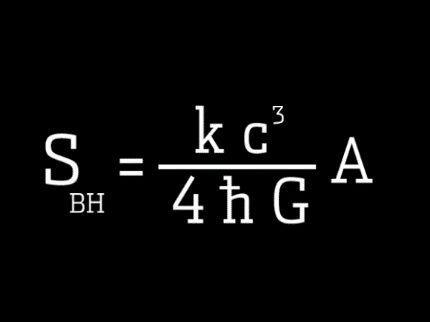
Figure 1.
-'S' would refer to entropy (measure of the amount of chaos).
- 'h' alludes to Planck's constant (expounded by the German Max Planck).
- 'G' Newton's constant or universal gravitation.
- 'A' to the area of the event horizon or point of no return beyond which you cannot escape from a black hole.
- 'C' speed of light.
- K' the Boltzmann constant.
- *BH: they are placed in honor of the initials of the surnames of their two inventors.
The subject of entropy has fascinated me since my time as a student at the National University of Colombia and as a teacher for more than half a century. It is interesting to see how easy it is to deal with this thermodynamic property in the different power cycles with the help of the Temperature vs Entropy diagrams and in the polytropic processes of expansion and compression ... and how it is difficult to understand its essence, which Stephen Hawking did (at least I think so... I haven't made it!!!).
Parallel to the modernization of the Mechanical Engineering curriculum, in addition to the degree conferred by the respective duly accredited University, there must be a certification process as a specialist in one or more of the multiple disciplines of our guild, as ASHRAE does; I think that an institute like ICAIRE would be responsible for giving these certifications; this would be my third dream.
While writing this summary of my "dreams", I finished reading Andrés Oppenheimer's book in which technological change is analyzed in aspects such as artificial intelligence, virtual reality, augmented reality, robotics, and its impact on the jobs of the future; predicting that about 50% of current jobs (in industrialized countries) will be lost, creating many that do not yet exist, and only the most prepared in topics such as programming, software development, data analysis, manufacturing in 3D printers, mechatronics etc., will keep their jobs and/or their companies. All those repetitive tasks will be replaced by robots; only tasks that are not easily defined will remain.
In teaching, students should be encouraged to pursue their passion, stimulate their curiosity and encourage their perseverance. "Softer" teachings will prevail, such as ethics, teamwork, investigative spirit and resilience; Concludes. In our field, specifically, we must have a complete understanding of psychrometric processes, fluid mechanics, different heat transfer mechanisms, the behavior of all kinds of heat exchangers, energy-saving equipment, and mass and energy balances, using in addition to one-dimensional steady-state equations, also mathematical models that incorporate differential equations.
Very important to be able to do simulations for different hours, climates and partial demands. Of course you must have a deep knowledge of control strategies, so that the specialists of this discipline design the appropriate controls.
Other "dreams"
Certification of Equipment – National Productions: this is a need felt by national manufacturers from countries that do not have organizations such as AHRI in the USA or REVHA in the European Union, and that it is very expensive for them to achieve certifications in those institutions.
This requires appropriate laboratories and highly specialized personnel. ICAIRE or similar, could be responsible for the certification of domestically produced equipment.
Use of Renewable Energies: energy should be increasingly democratically distributed and used globally, therefore, from the guild, we must promote the use of renewable energies such as solar energy, especially in tropical countries; wind energy, geothermal energy, tidal energy, etc.
Update of Equipment (Update): we must start an update program of the old systems that consume too much energy. In my region there are still chillers over 40 years old with piston compressors, so their change for the new equipment of considerable greater efficiency, would immediately generate a saving of energy or condensation water (if applicable) or equipment with variable refrigerant flow, or direct and/or indirect evaporative cooling, with returns on simple investment of less than two years.
Consultants: Consultants should be grouped as Chapters within the framework of the associations of each country. Brazil already has its Association of Designers, as they call it, and they hold their congress every two years together with COMBRAVA and FEBRAVA. In Colombia, the process is beginning with the creation in the first instance of a Table of Experts, which is in its configuration.
More Books and Columns: with the exception of ATECYR in Spain and some ABRAVA in Brazil, the literary production of our associations is very low, we must encourage it, as well as dedicate ourselves to writing more articles in the excellent publications that are in our Ibero-American guild, to accompany the impressive technological change that is taking place.
Efficiency – less impact on the environment -
In pursuit of excellence: must be designed, built, operated and maintained to achieve maximum efficiency and minimum impact on the environment. To start one could ask what are high performance air conditioning systems, with maximum efficiency in their operation and care for the environment and one could answer that they are those that meet the following conditions:
Ideal air conditioning project:
- Maximum energy efficiency.
- Minimal impact on the environment
- Compliance with owner requirements for rdp project
- Ease of operation
- O&M (Operation and Maintenance) Maintainability
- Stability during its life cycle
These conditions are easily written, but it's really not that obvious and we have too many facilities that behave far from ideal. The fundamental answer to achieve the above, in addition to others, is that of the ASHRAE Standard 202 – 2013 on Quality Assurance (Commissioning) in air conditioning systems, which in its prologue defines it:
"It's a quality-oriented process to optimize the delivery of a project. The process focuses on evaluating and documenting that all systems and assemblies are planned, designed, installed, tested, operated and maintained to meet the owner's requirements for the project." It is a quality-focused process to improve the delivery and O&M of a project.
It is therefore a process that focuses on verification and documentation so that the installation and all systems are planned, designed, installed, tested, operated and maintained to meet the requirements of the RDP owner, worth the redundancy.
In any project there are four very defined phases that must have a quality assurance process and that must be respected and rigorously complied with:
- Pre-design
- Design
- Construction
- Occupation, O&M.
All the knowledge associated with this goal must be promulgated through congresses such as the CIAR (Ibero-American Congress of Air Conditioning and Refrigeration), CIC&R (International Congress of Air Conditioning and Refrigeration, in Colombia), COMBRAVA (Brazil), and all other Diplomas and courses mentioned.
Ethics
The first ethical issue that I will touch on is that of design, which must be carried out by a firm dedicated to this purpose and independent of the construction firm and the management and supervision of the work. It must report only to the owner of the project (it can be through a project management) and fundamentally it must follow the guidelines of quality assurance (commissioning), under the direction of the Commissioning Manager. If said Commissioning Manager and the designers do not have that hierarchical and conceptual independence, the project does not start or end well.
Obviously, projects, and especially of the size at hand, must be evaluated and audited of a very rigorous technical nature. In no way should designers depend on the builder, much less receive commissions from suppliers.
The second ethical issue I will outline will be that of construction; for no reason should the builder deviate from the approved and audited design and specifications that are issued by the designers with the approval of the Project Management and the Commissioning Manager. Much less can the builder diminish or not meet the specifications present in the documents issued for construction by the commissioning, with the aim of benefiting economically.
A third ethical issue is related to the fact that for no reason will the builder pay bribes to who or who awards the works. Surely that money will come from a lower quality of the work, or from a greater value of it, which, in good romance, is to steal those moneys.
To conclude, I am convinced that a Code of Ethics should be applied to our professional practice, for example that of ACIEM (Colombian Association of Electrical and Mechanical Engineers), or that of ASHRAE (American Society of Heating Refrigerating and Air Conditioning Engineers), which are already in force for several years, or similar. I have written articles and lectured on the subject, without achieving much assimilation; I must say.
"Life is a dream and dreams, dreams are." Pedro Calderón de la Barca.
* Camilo Botero is the current Secretary of the Federation of Ibero-American Associations of Air Conditioning and Refrigeration - FAIAR; he was president of ACAIRE and is president of Camilo Botero Ingenieros Consultores Ltda. He has worked as a teacher in several Colombian universities, guilds and currently in ACAIRE in diploma courses of air conditioning projects, energy efficiency in air conditioning and refrigeration, cogeneration and trigeneration, applied psychometrics, thermodynamics, fluid mechanics, heat transfer and turbomachinery. ([email protected]).


